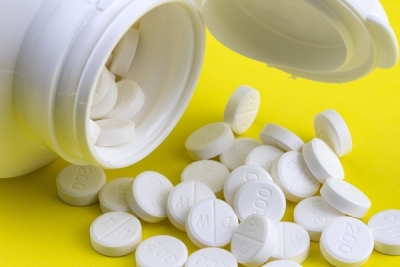A 2022 study conducted a systematic review of mobile apps that focus on interventions to reduce alcohol consumption (1). More precisely, this analysis, led by a researcher from King's College London, sought to investigate the effects of cell phone notifications on the behavior of alcohol consumers. In all, 14 studies on apps and alcohol consumption were found, and the role of notifications in this context was inconclusive. One of them (7) pointed out that, of 19 applications created to reduce alcohol consumption, only eight were available to the public and, of these eight, only four had some evidence of helping to reduce consumption.
Review studies like this one point out that the use of mobile apps to promote healthy behaviors is promising, even more so without a strong evidence base. Fortunately, there are some ongoing studies seeking to endorse the intervention through apps, either as a form of post-hospitalization follow-up (2), as an intervention to reduce consumption in light and moderate drinkers (3) or to understand how apps can help reduce depressive symptoms and alcohol consumption among young people (4).
Of the studies that have already been completed, some bring up promising results, such as an European study (5) that carried out a 6-month follow-up of 111 patients who had undergone a 30-day rehabilitation program. Of these, half received only the regular treatment, given to all patients, and the other half received, in addition to the usual treatment, interventions with an application aimed at reducing abusive consumption (called “UcontrolDrink”, UCD). After 6 months of follow-up, the researchers observed that patients who received the app-based intervention had reduced days of harmful alcohol consumption. This reduction was greater than that seen in the group of people who only received regular follow-up.
There is still no consensus on how health applications aimed at promoting healthy behaviors should be validated (8–11), nor on how to insert them into clinical practice. What is most consolidated is that they will help with conventional, drug and psychotherapeutic treatments, helping to keep the person in treatment, to correctly take the drugs prescribed by the doctor, and to apply strategies to reduce consumption articulated with the psychologist (10).











